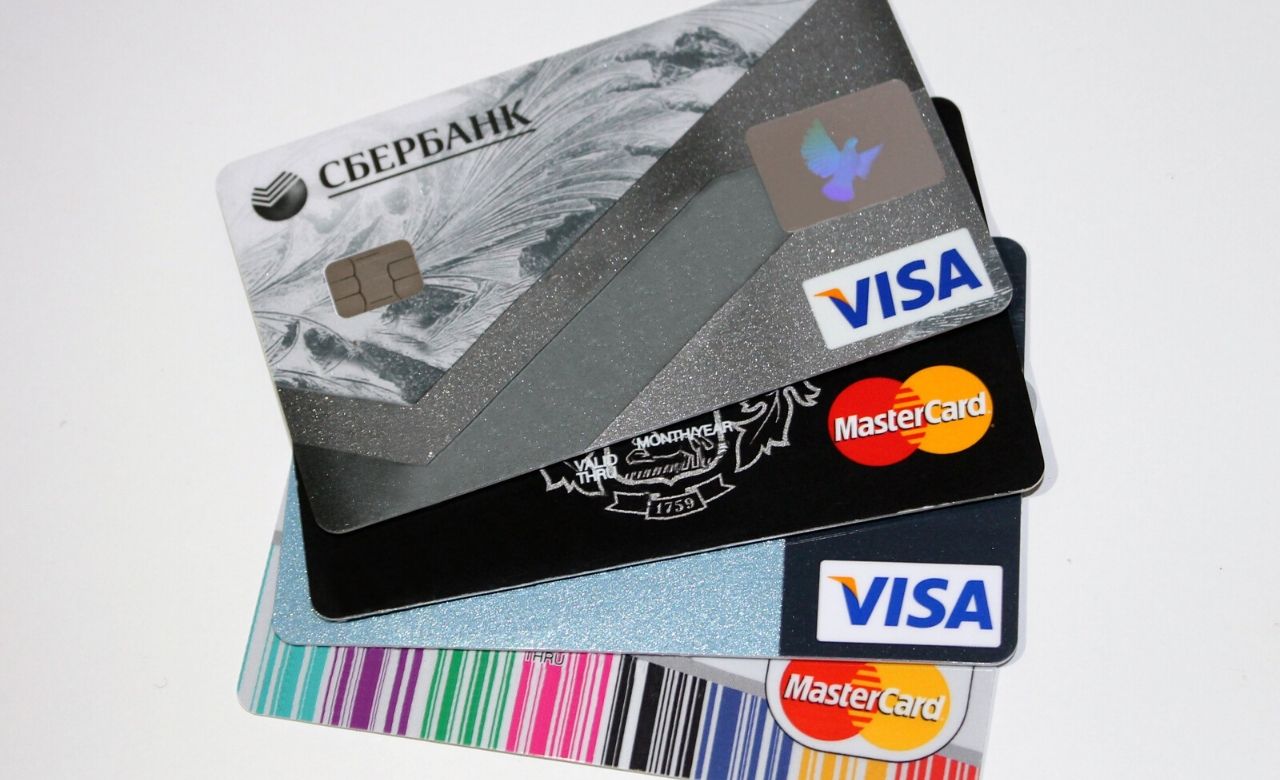Credit cards are undoubtedly useful for many as tools for convenient purchasing, earning rewards, and building credit scores. But while it comes with a long list of pros, poor handling and discipline in credit card usage may serve more as a liability than an asset.
Cash payments will always be better than credit card use, especially for people who have a hard time paying in full monthly. Late payments tend to add a burden to your finances.
Here are myths and misconceptions that have to debunked before deciding to apply for a new credit card.
Myth # 1: I need a credit card to build my credit
Yes, credit cards help you to build your credit scores. Credit scores are important for people who would like to apply for personal loans or business loans in the future. However, credit cards are not the sole source for building credit. By simply paying your bills on time, you can have good credit without holding a credit card. Pay your electricity, water, insurance, and housing rents on time and make sure your payment recipients report it to credit bureaus for proper recording.
Remember, if you get hold of a credit card, but you always tend to pay your balances late, credit bureaus can see this as a red flag, affecting your credit history. It is better not to have one at all and just focus on building good credit by paying your other bills.

Myth # 2: Credit cards are the sole way to shop online
Debit cards have always been a good option for online shopping or renting a car. While credit cards are mostly used, spending through your debit card means they are only using the money you already have. Paying through credit cards means you have to pay banks in the future with the money you still do not have. It is always better to spend your own money than the money that is not yet yours.
Myth # 3: Credit cards are for emergency purposes
Having a credit card is not an investment for the future. When you think of having a back-up plan in case of emergencies, an emergency fund is the best option, not a credit card. The ideal emergency fund is three to six months of your monthly income stashed in a bank account you will never use unless there is one.
Myth # 4: Credit cards are great for discounts
Many credit card companies use discounts to encourage their clients to spend more on their cards. While credit card balances should be paid in full every month, not all users do so. This is how stores make more money through the interest they earn from you for not paying on time. The next time you think that you are saving 10 percent from your recent purchase, you may end up paying more when you neglect to pay them in full. Some stores now offer these types of promotions to debit card users, an even better option than credit cards.

Myth # 5: Use credit cards to gain more rewards
Credit card processing companies offer rewards and rebates for every purchase, aside from giving discounts from stores. Remember that using a credit card and having these perks are just good if you always pay in full and on time. If not, all the idea of getting more than what you paid for is not always true. The company earns from the balance of the customer that tends to pile up each month he/she fails to pay.
Moreover, when being tempted to purchase from a credit card for the rewards, think of the annual fees you have to pay for it and weigh down if you are saving.
Every credit card applicant should learn these myths and misconceptions so you will not have to commit future financial mistakes. If you already have one with you, consider cutting your line and just rely on your trusty debit card for convenient purchases. This way, you veer away from possible financial burdens in the future and be more effective in money management.
Based on Materials from The Balance
Photo Credits:
RJA1988/Pixabay
Two Paddles Axe and Leatherwork/ Unsplash
Aranami/flickr

